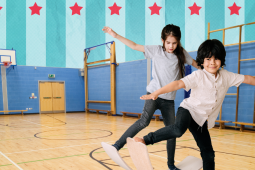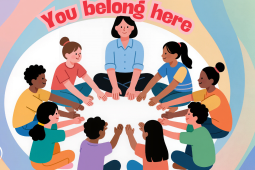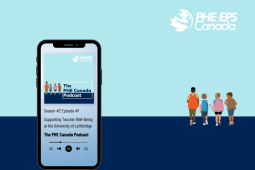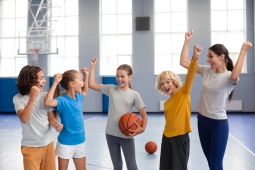Teacher to Teacher: Supporting Kids Who Do Not Like PE
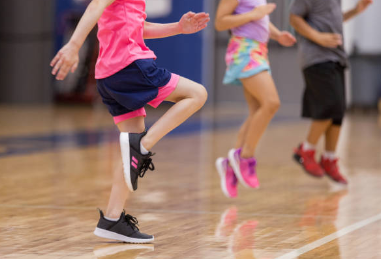
Previously published in Volume 85, Issue 3
Being a health and physical education professional is rewarding, but it's also a career with challenges. We want to help our members connect and share the issues that come up in their classrooms so we can all learn from our collective experience.
Question: What are some effective ways to help a child who does not like phys ed class?
Answer 1
The vast majority of students are not athletes. They don't want traditional sports and they are often intimidated by them. Focus on recreation and lifelong activities. I also separate (the class) by strategy. Competitive court and fun court. More if possible. Allows those disengaged students to get object touches and learn the game without the pressure of "competition".
- Justin Oliver (Physical Educator, President of TAPHE)
Answer 2
BUILD RELATIONSHIPS FIRST! Find out what the student is interested in. Connect with that student to discuss program planning, assessment, and participation.
- Jodie Harding-Kuriger (PHE Educator)
Answer 3
Offer choice stations, as well as offer non-traditional activities.
- Justin Oliver (Physical Educator, President of TAPHE)
Answer 4
Listen to their interests and ideas and make it fun!
- Cindy Andrew (Health Promoter and Educator)
Answer 5
- Find out why students don’t like it.
- Find out what they do like.
- Creatively incorporate what they like and what is needed of them into fun, engaging lessons
- Terry Mahjoory (Pre K-2 Physical Educator Macomber Primary School)
Answer 6
Many don't like it because of previous feelings of failure. Provide fun opportunities to show growth, and celebrate even small improvements. Differentiate by skill, interest, competition level, choice of object, etc. Let students choose!
- Cassie Brooks (PHE Educator)
Have a question you'd like to ask a colleague? PHE Canada would love to hear from you! Email [email protected] and you might see your query in a future issue.





